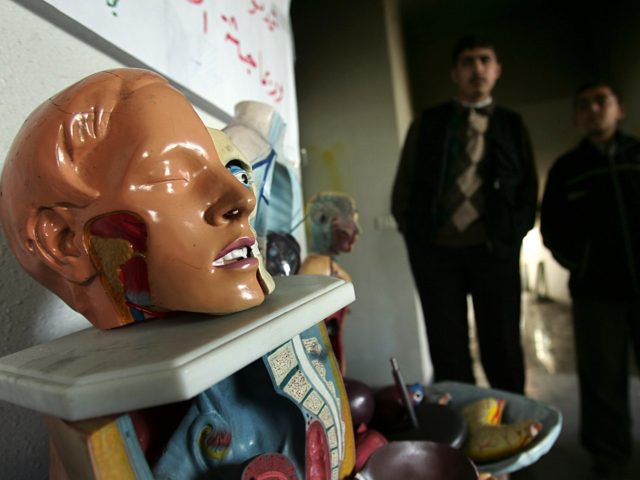Human body parts named after “men, kings and gods” have been deemed irrelevant and misogynistic by some Australian doctors who no longer seek to salute the ideas of dead, male anatomists.
A specialist obstetrician in the state of Queensland, gynaecologist and anatomy lecturer, Dr Kristin Small, is urging her students to drop gender bias and what she calls irrelevant and misogynistic medical language.
She believes the terms invoke the jaded beliefs of older generations and wants more practical and descriptive terms for body parts.
“I think we have a personal choice to decolonise our language and these historical terms will fade out,” Dr Small told the Brisbane Courier Mail.
Dr Small makes sure her students still know the accepted, older terms for exam purposes but maintains there are always alternatives for the “dead man’s name.”
Council member for the Royal Australian and New Zealand College of Obstetricians and Gynaecologists, Dr Nisha Khot, is another teaching trainee doctors to look at alternative terminology.
The newspaper reports she also wants to defeat a patriarchal history of medical definition which reinforces the fact women are not represented in most of the 700 parts of the body named after people.
“The young trainee doctors are mostly keen to learn the more relevant language and are often shocked when they hear the origins of some medical terms,” she said.
The word “hysterectomy” originated from a time when women were treated for female hysteria by removing the uterus.
Surgical instruments and tactics are also named after men, such as the Pfannensteil incision, which was named after a man who published a paper on incisions in 1900.
The Achilles tendon, the tough band of fibrous tissue that connects the calf muscles to the heel bone, is named after the mythological Greek warrior, Achilles.
Dr Small lamented much of the female reproductive system is named “after dead dudes” and inhibits her desire to subvert the patriachy in a modern, practical way.

COMMENTS
Please let us know if you're having issues with commenting.